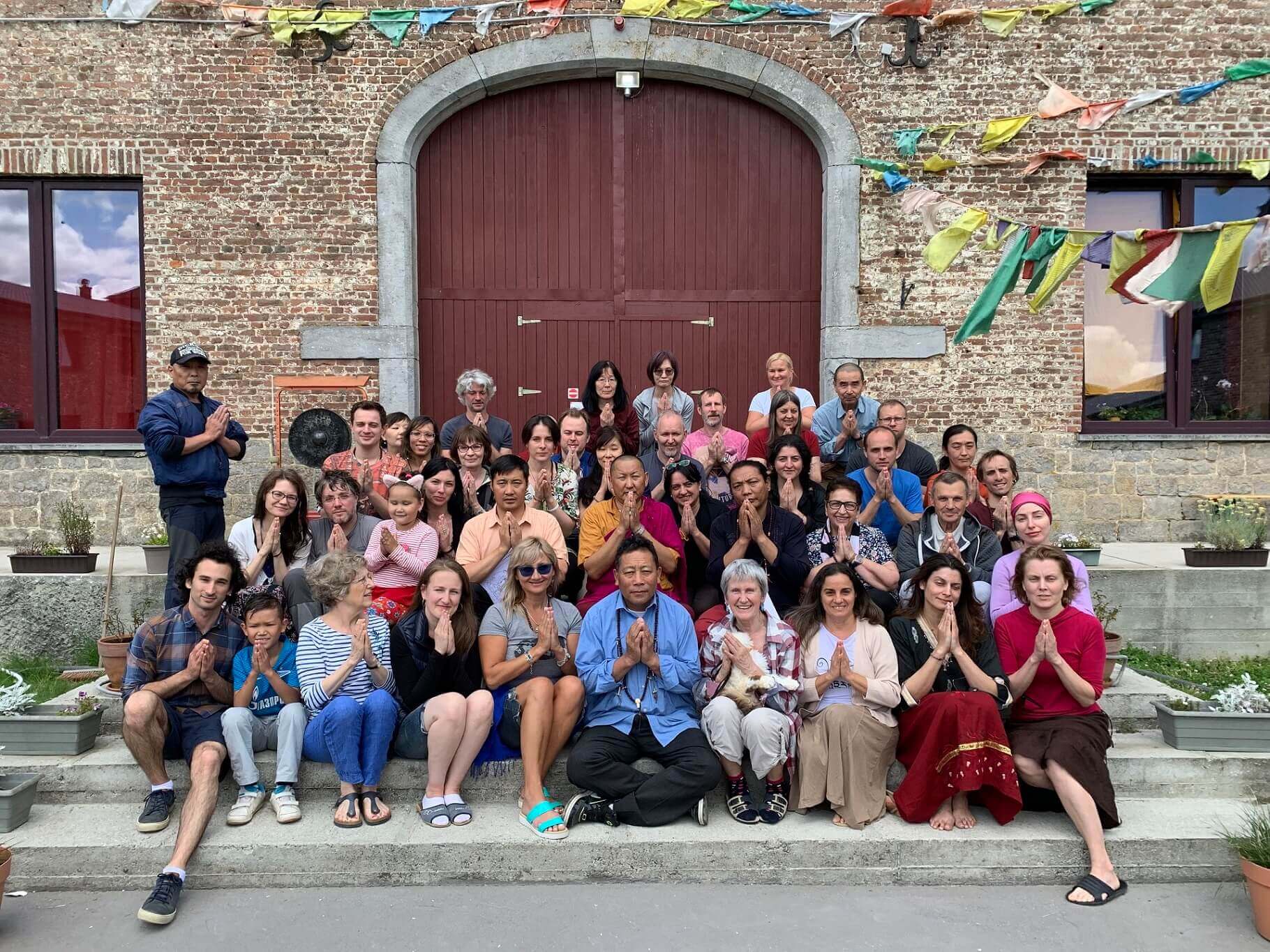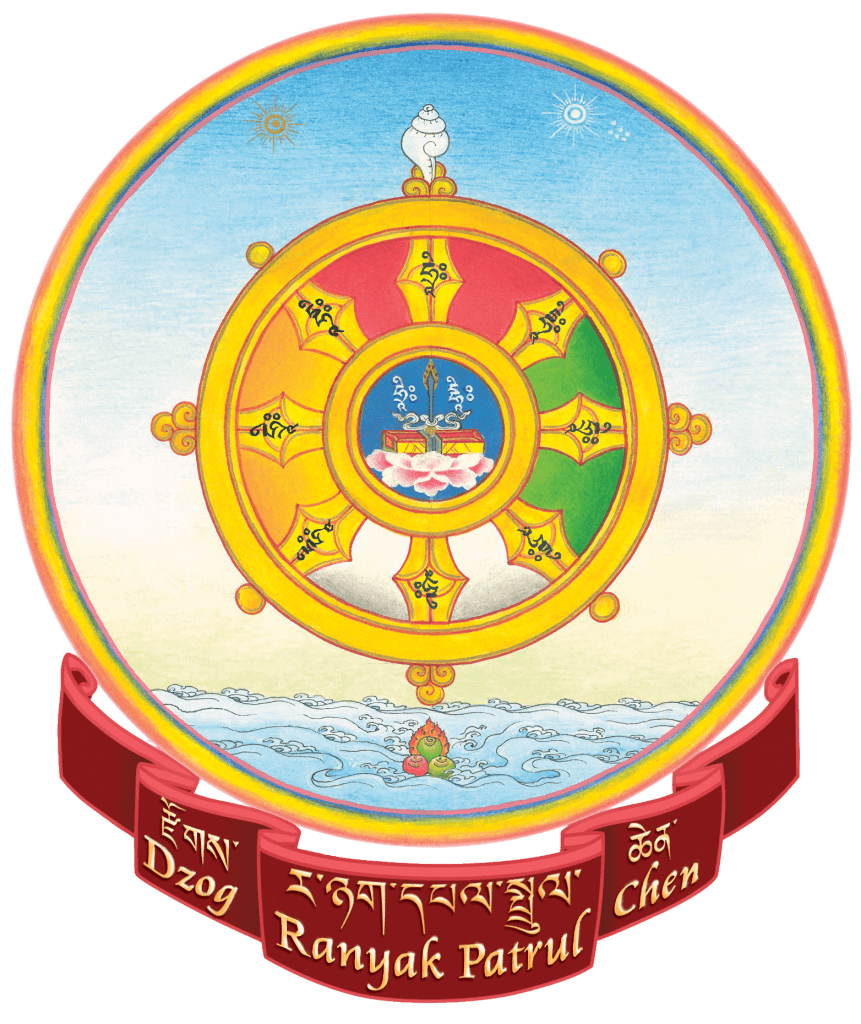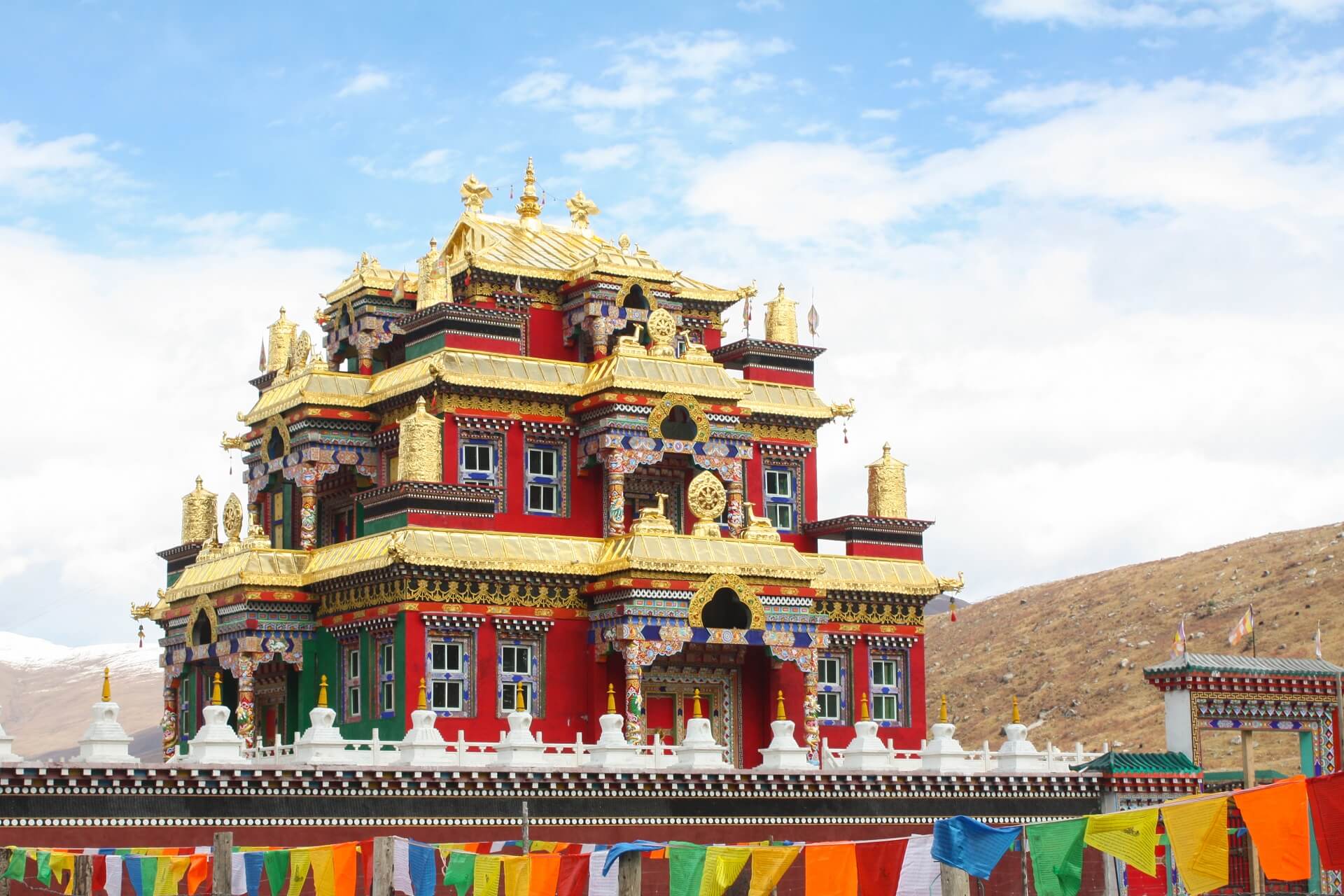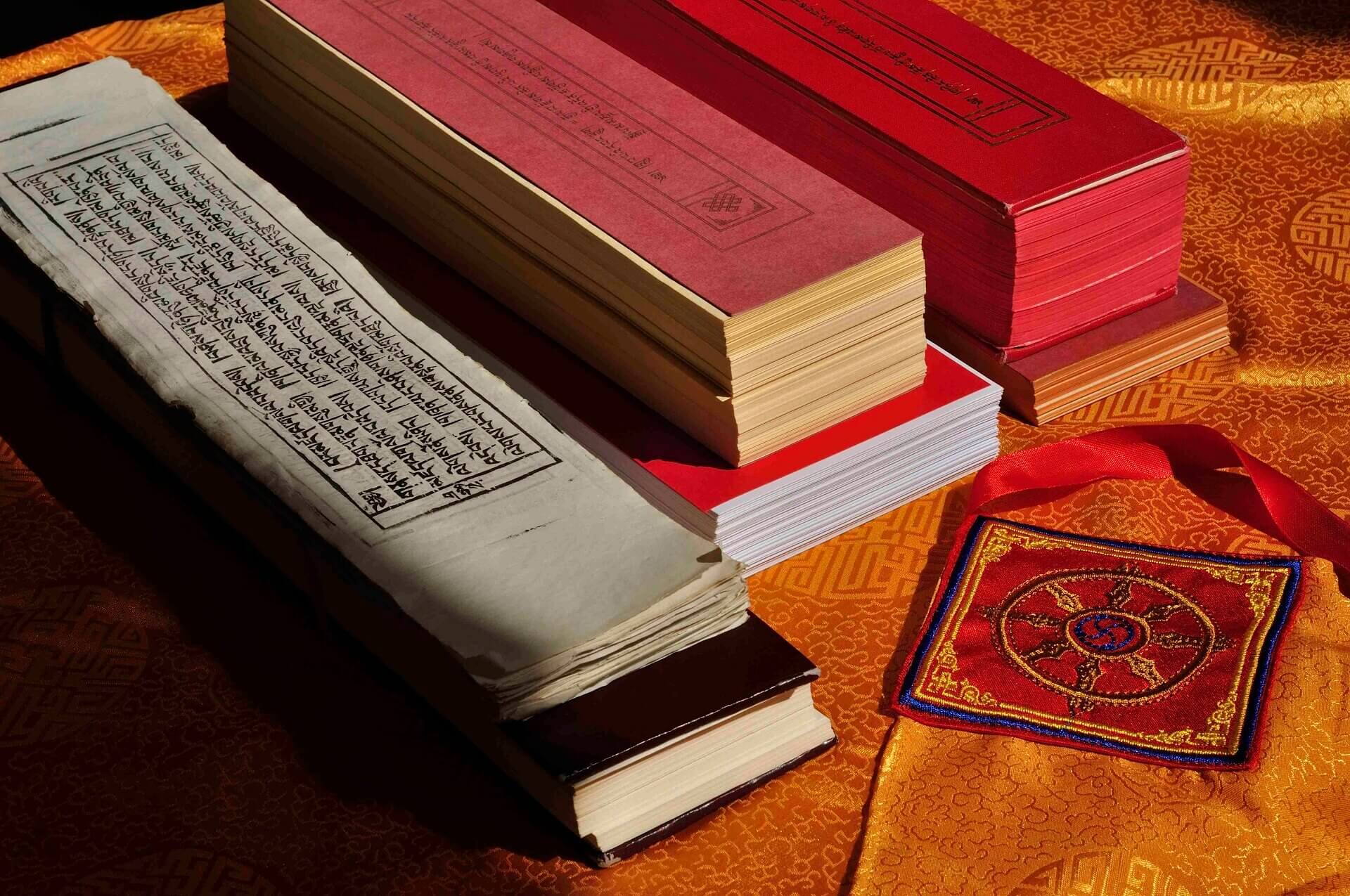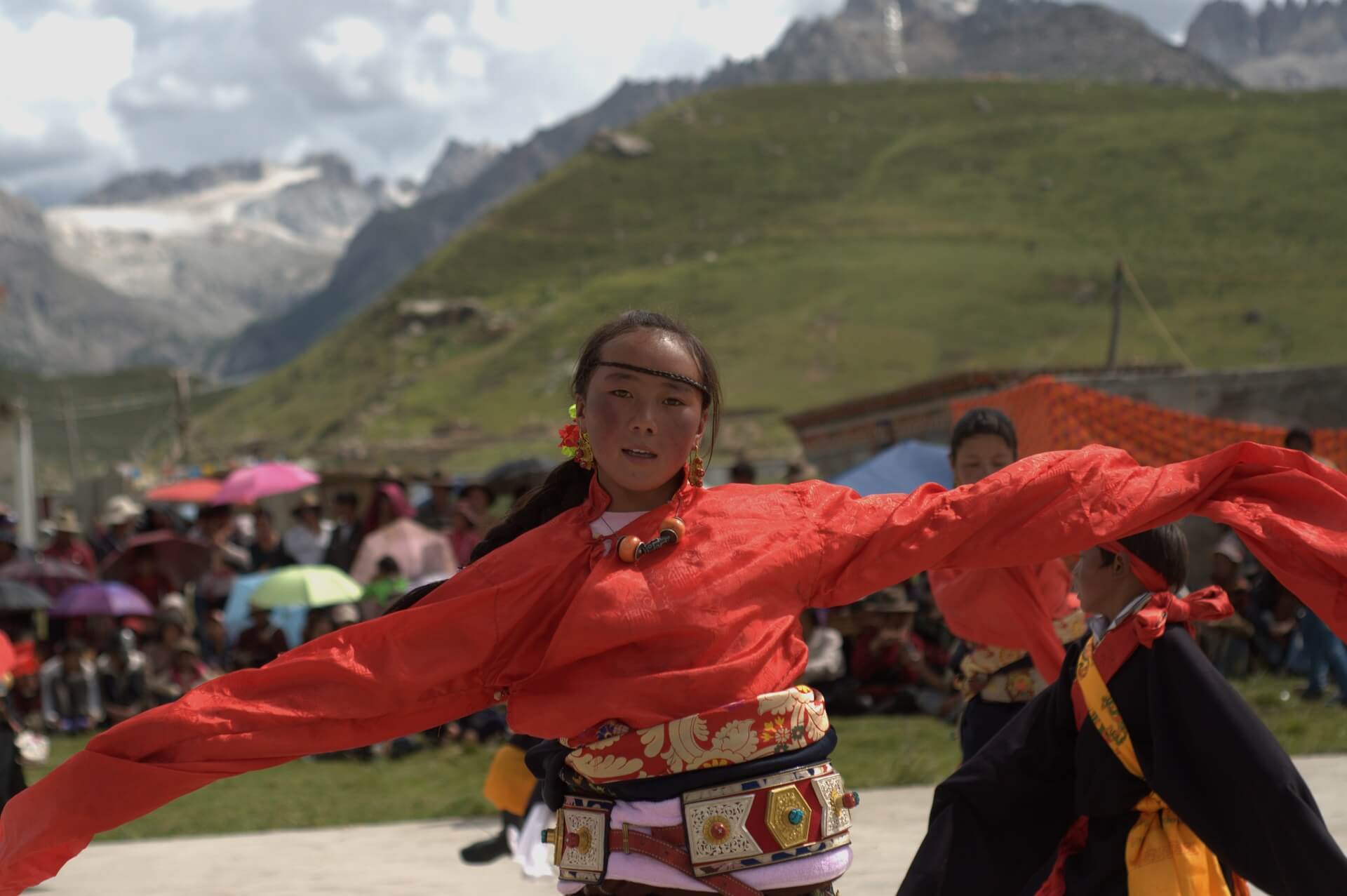
Preserving Tibetan Culture & Heritage The Zangdok Palri Programme
Creating an opportunity for authentic exchange between East and West, sharing our best in return for a deeper contact with the best in Tibetan culture is an exciting and truly worthwhile project.
The Zangdok Palri Programme has been conceived by Patrul Rinpoche for the benefit of all, whether we live in Tibet or in the West. One of its objectives is to preserve culture, a way of life and a tradition of wisdom that are quite unique.
The ancestral wisdom of Tibet is a part of our world’s human heritage.
In Tibet
Bring joy and happiness to the local community by preserving their culture and the Dharma.
Culture is a multifaceted phenomenon. The term covers “cultural products” immediately visible aspects such as dress, architecture, handicrafts and art, social mores, language, writing, and so on but culture also has an invisible side – the inner life of a society, its world view and its vision of human relations, the structure of thought, moral and educational principles, religious beliefs, the archetypical myths, well… the list is endless. Culture provides the bedrock in which people’s identity is anchored and plays a crucial role in the development of its individual members.
Meeting the modern world: Encounter or confrontation?
The Tibetan culture, over a thousand years old and imbued with the deep, warm spirituality of the Dharma, is not known for its technological prowess – unlike the western world, whose material successes are legion. At present, the modern world is starting to impact the lives of the people of Dzogchen, who have never experienced anything like it before, both its benefits and its confrontations, calling everything into question.
The best way to transform this confrontation into constructive encounter is to help the local population to preserve their living culture.
The Sambhota school and orphanage in Dzogchen
The arrival of “modernity” in the region poses a great threat to the ancient cultural tradition of the Dzogchen nomads, which is the cornerstone of their identity as a community.
At present, the situation of the Tibetan population in the Dzogchen region does not inspire great hope for the future: education is practically non-existent, the health care there is either costly or inadequate, malnutrition is rife and poverty is extreme.
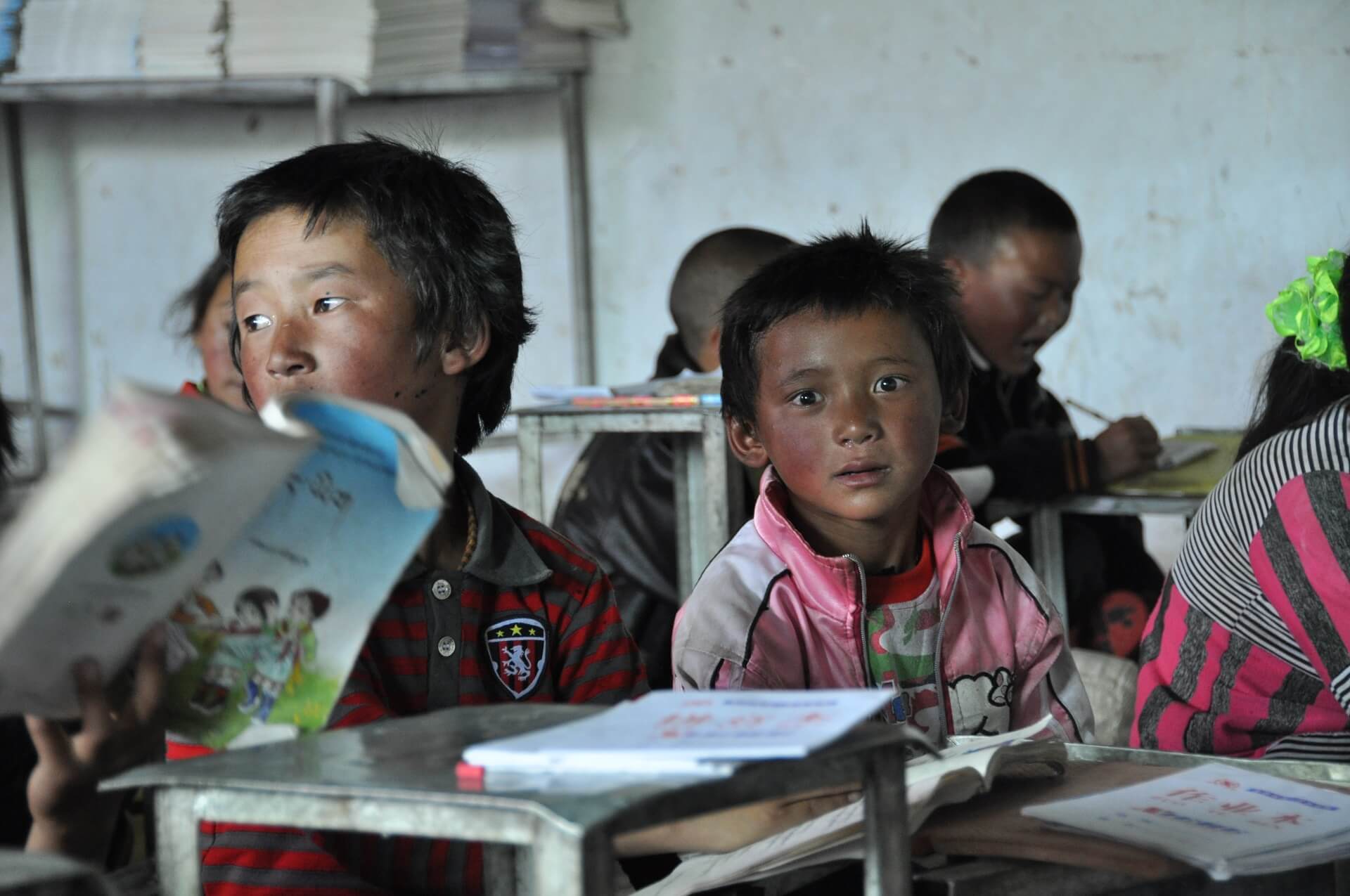
In this context which is begging for an urgent response, the Zangdok Palri programme launched the construction of a primary school and orphanage which was inaugurated in July 2002. Pupils were selected in light of their family situation, priority being given to orphans and children from the poorest families. Since 2017, the Sambhota school activities have been halted.
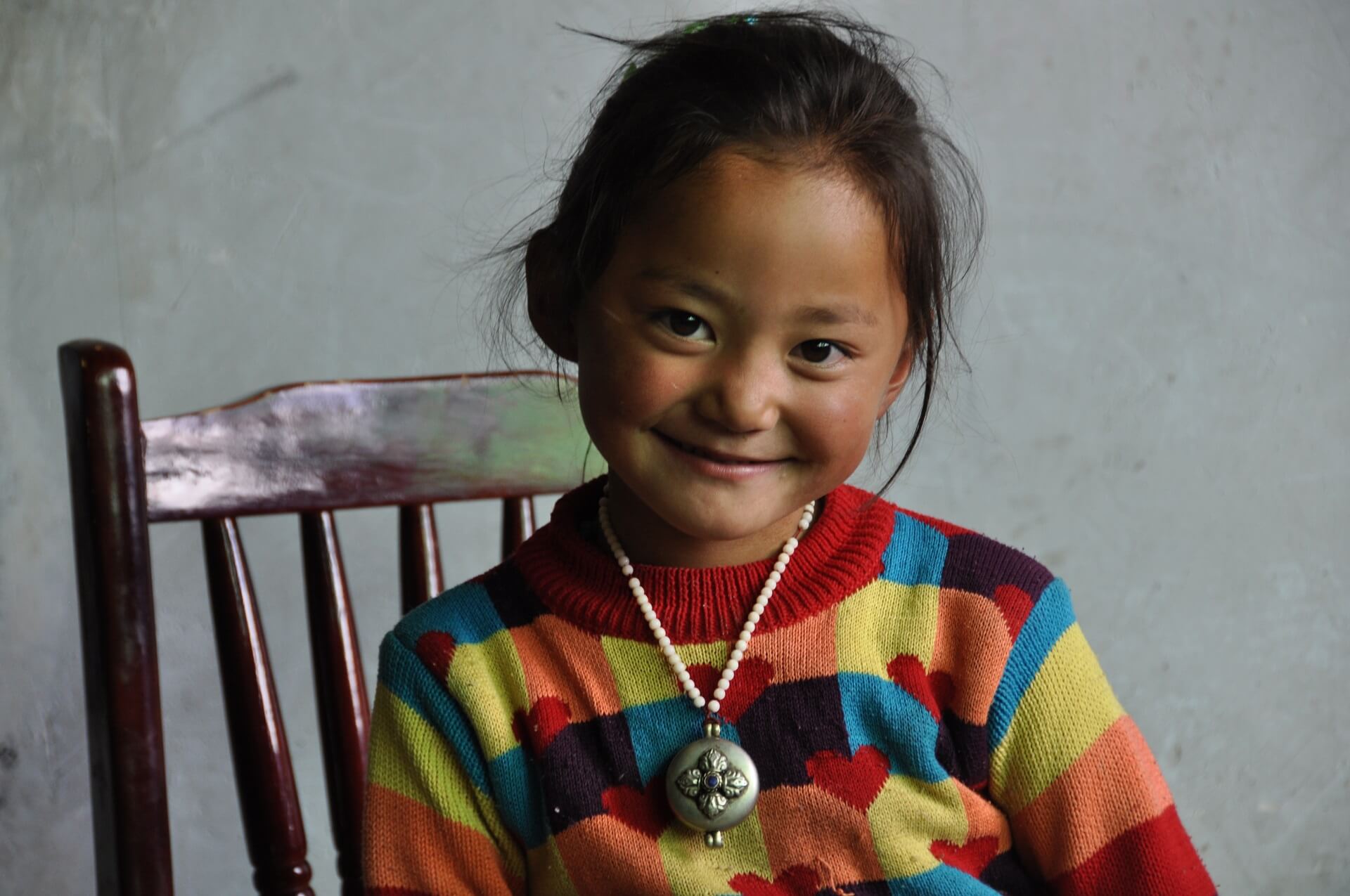
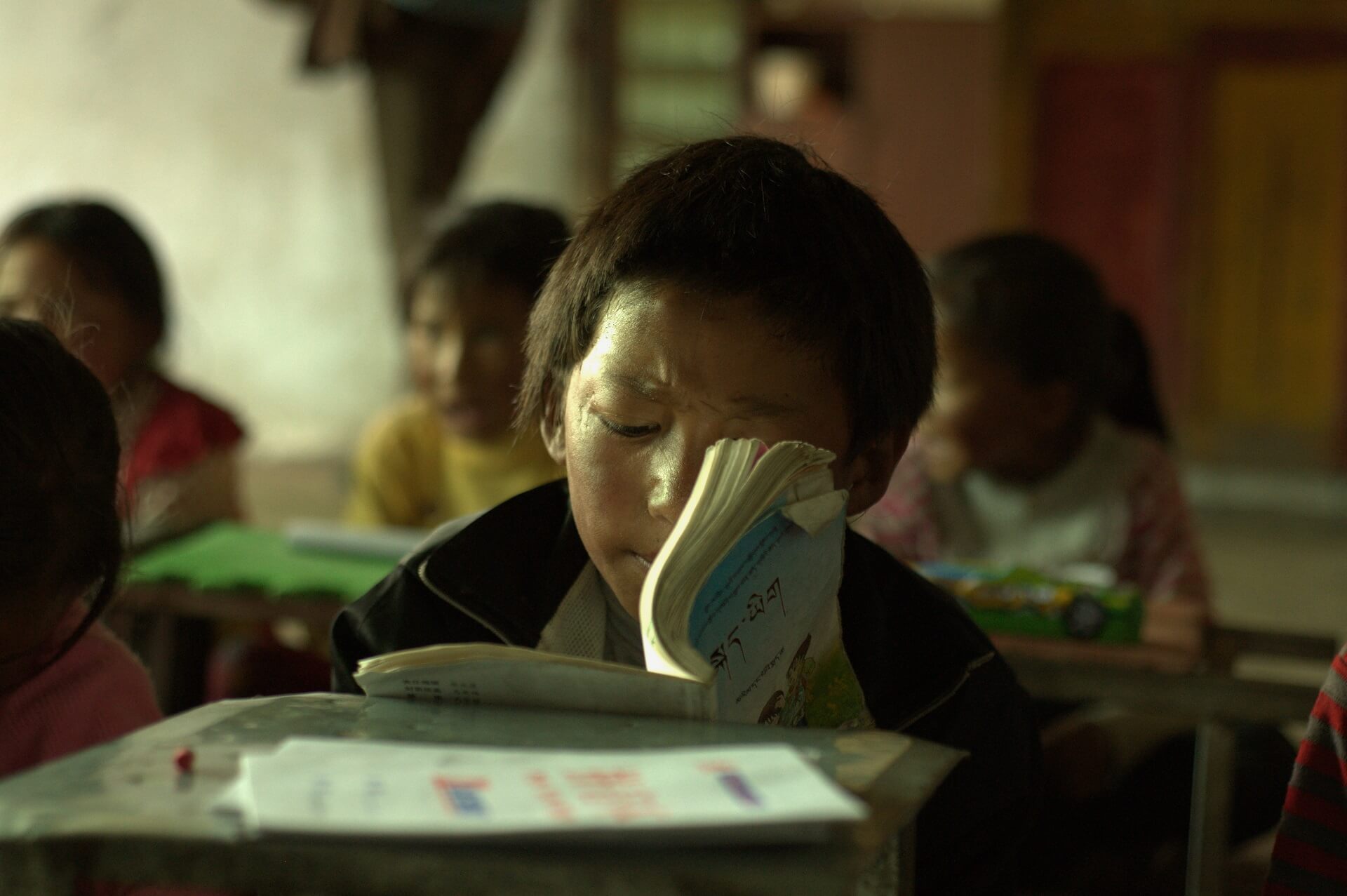
In the West
Despite our material comforts, we in the western world have not managed to achieve happiness: we are all affected by various degrees of psychological suffering and our need for valid guidance is more crucial than ever. Not surprisingly, there are many who believe that an encounter with Tibetan culture could be of enormous benefit to us. Beneath the surface, the wisdom it incarnates is truly human and accessible to all.
Bringing Buddha’s wisdom to the West
In an age rife with anxiety and mental suffering, there is a growing need for a deeper understanding of our own mind, and for authentic, powerful ways to develop inner strength and happiness. Whether it is considered a philosophy, a religion or a lifestyle, the spiritual knowledge of Tibetan Buddhism can be, for many of us, the key to well-being and a healthier state of mind.
Since his arrival in the West, Patrul Rinpoche has continously strived to disseminate the Buddha’s teachings, launching many concrete initiatives for sharing knowledge.
After the creation of the first Dzogchen Gelek Palbar Ling centre in Brussels in 1998, he has established numerous Dharma centres and places of study throughout the world where he teaches Buddhist philosophy on a regular basis. Among them, Dharma City, founded in 2007 and located in Belgium, is a fully fledged meditation centre which can host students for short or long-term retreats.
Moreover, Rinpoche’s online courses and seminars are precious opportunities for those who cannot physically attend events in his Dharma centres, bringing traditional Buddhist teachings in a modern format accessible to all.
Preserving the Tibetan heritage for future generations
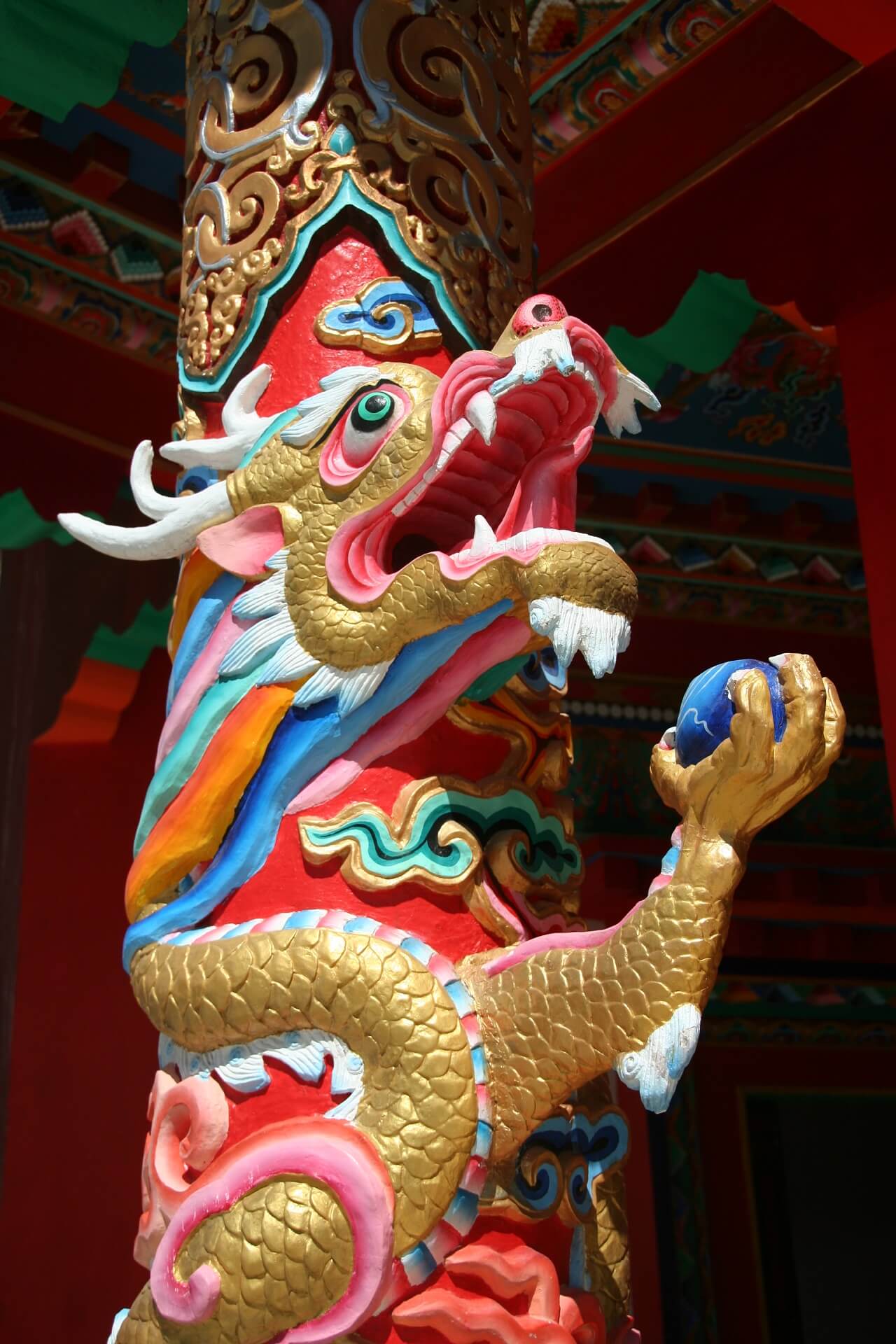
In this fast-changing world, one of Patrul Rinpoche’s priorities is ensuring the continuity of the Dharma so that the Buddha’s legacy will still be available in times to come for all those seeking lasting values. Hence, the publishing house Wisdom Treasury promotes Dharma books composed by Patrul Rinpoche himself, scriptures that are part of the monastic curriculum in Dzogchen Monastery, as well as a variety of other texts directly or indirectly associated with the wisdom of the Buddha, and more specifically with the Longchen Nyingthik lineage.
Published as e-books or in other electronic formats, printed in the form of traditional paper books in western or Tibetan format, sometimes distributed for free as an act of Dharma generosity to monks, monasteries, shedras and libraries, these precious texts will thus be able to survive and thrive in the future and maintain the transmission of the Buddha’s blessings.
Furthermore, Tibetan language classes proposed in Dharma City or in an online form aim at giving students the tools for entering the world of Dharma texts and their translation, and acquiring fluency in colloquial Tibetan language.
